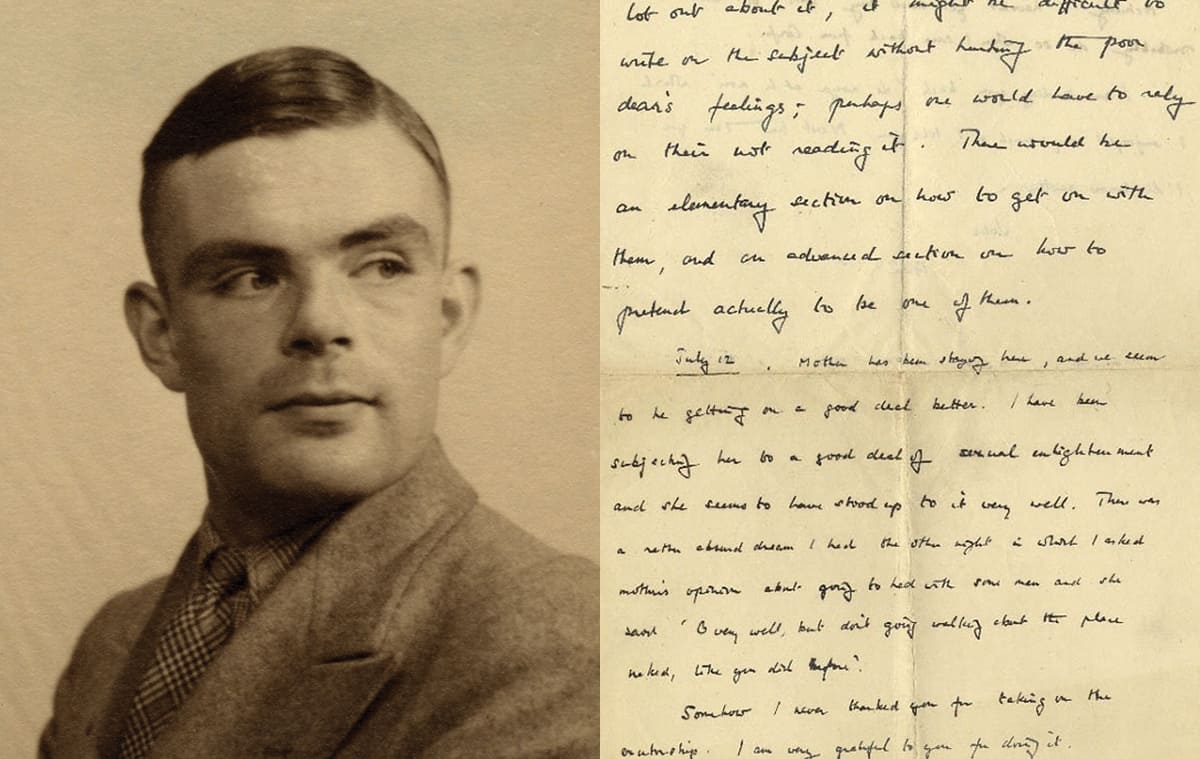The UK Justice Ministry today announced that Turing's Law, named after British WWII codebreaker Alan Turing, has gone into effect and thousands of gay men convicted for gross indecency have been posthumously pardoned.
Those convicted under the law who are still living can also be pardoned via application through the UK's Home Office.
Writes the Justice Ministry regarding the process for pardons for those still living:
“This will ensure that due diligence is carried out and prevent people from claiming to be cleared of offences that are still crimes – including sex with a minor and non-consensual sexual activity. For example, under the disregard process, the Home Office has rejected several applications where the activity was non-consensual and others where the other party was under 16-years-old. An applicant is only eligible for a ‘disregard' if the Secretary of State decides that it appears that the other person involved in the conduct which constituted the offence consented to it and was aged 16 or over at the time, and that the conduct would not now constitute the offence of sexual activity in a public lavatory. In other words, the Secretary of State must be satisfied that the conduct is no longer criminal.”
Another bill which contained a blanket pardon failed in Parliament last October.
The government said it would not support SNP MP John Nicolson's Sexual Offences (Pardons) bill – which proposes a blanket pardon for the living – because it could potentially lead to some people being cleared of offences that are still crimes.
But, speaking to the BBC's Daily Politics, Mr Nicolson said that his priority was to set aside the criminal convictions of men who were still living with them.
He said: “It's great to forgive all the people who are now dead, but it's kind of sentimental. I'm more interested in forgiving the people who are still alive, and have lived with this for decades.”




